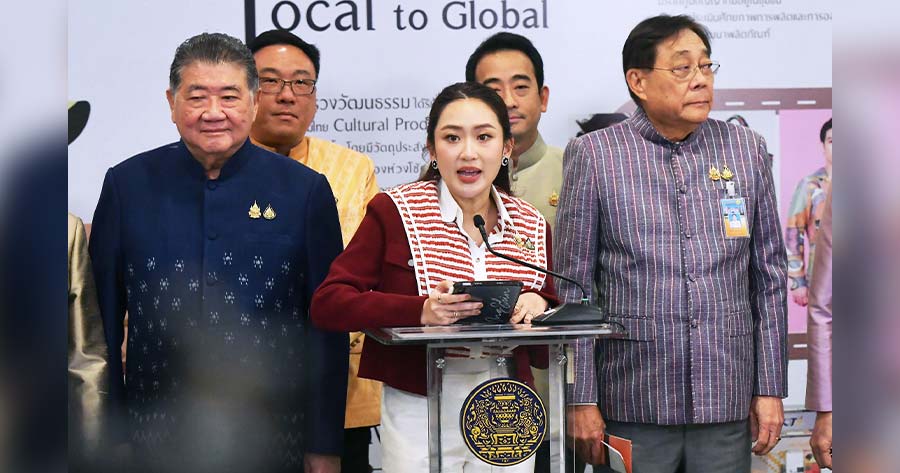On Tuesday, Thailand’s Cabinet approved several economic measures, including a new minimum wage increase starting January, tax incentives to encourage spending, and the continuation of its flagship handout program. Prime Minister Paetongtarn Shinawatra shared expectations of economic growth exceeding 3% in the upcoming year.
The government aims to bolster the economy by raising the national daily minimum wage to 400 baht. However, the wage committee settled on a tiered increase of 2.9%, setting the daily wage between 337 baht and 400 baht, effective January 1, with the highest rates reserved for regions like Phuket, Chachoengsao, Chon Buri, Rayong, and Samui.
While tax breaks were approved to stimulate consumption, specific details were not disclosed. Deputy Finance Minister Julapun Amornvivat announced a tax deduction initiative of up to 50,000 baht, applicable on proven expenditures but excluding domestic travel. This tax relief will be available from January 16 to February 28.
Additionally, the Cabinet has greenlit the 40-billion-baht second phase of the handout scheme, targeting four million elderly recipients by January. The initial phase, part of a $14 billion initiative launched in September, has already provided 10,000 baht payments to approximately 14.5 million individuals, with the objective to extend these distributions to about 45 million people in total.
Looking ahead, Thailand anticipates a budget deficit of 860 billion baht ($25.20 billion) for fiscal 2026, with projected expenditures of 3.78 trillion baht. The government’s fiscal plan is premised on economic growth rates between 2.3% and 3.3% and an inflation range of 0.7% to 1.7% in 2026.





